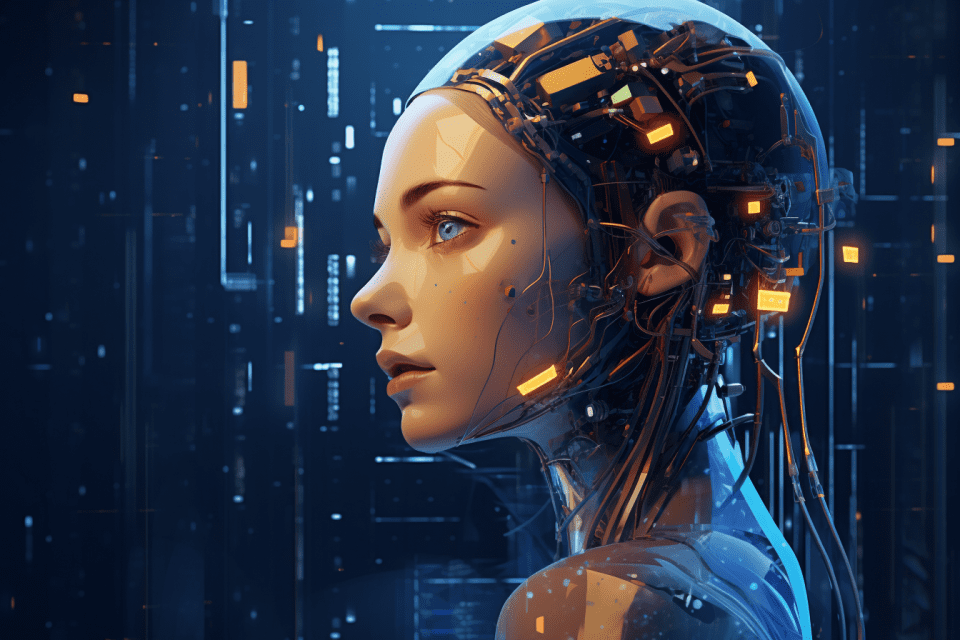Google Unveils Lumiere: An Advanced AI Model for Realistic Video Generation
Google has recently unveiled Lumiere, an AI model that is set to redefine the landscape of video generation. Developed by researchers at Google, in collaboration with the Weizmann Institute of Science and Tel Aviv University, Lumiere stands out with its unique Space-Time Diffusion Model. This technology promises to produce realistic, diverse, and high-quality videos from text and image inputs.
Lumiere Outperforms Existing Models
Lumiere is not the first model to attempt realistic video generation, but it has been shown to outperform its contemporaries in significant ways. According to studies, it surpasses models like Pika, Runway, Stability AI, ImagenVideo, and others in motion magnitude, temporal consistency, and overall quality. A user study also indicated that Lumiere was preferred over these models for text and image-to-video generation.
The Unique Architecture: Space-Time U-Net (STUNet)
This AI model leverages a Space-Time U-Net (STUNet) architecture, a novel approach in the AI video generation field. Unlike previous text-to-video (T2V) models that rely on cascading models, Lumiere uses STUNet to enable coherent motion and high video quality. The model has been trained on a vast dataset of 30 million videos and demonstrates competitive results in video quality and text matching.
Limitations and Challenges
However, Lumiere is not without its limitations and challenges. Currently, the model struggles with generating videos consisting of multiple shots or transitions between scenes, a common feature in natural videos. Moreover, ethical and social concerns arise regarding the potential misuse of the technology for creating fake or harmful videos. The researchers acknowledge these limitations and are exploring future directions for improvement and expansion of Lumiere AI.
The Future of AI-Generated Video Technology
Google’s introduction of Lumiere is a testament to the rapid advancement in AI-generated video technology. As this field continues to grow, it holds immense potential for various content creation and video editing applications, offering a glimpse into a future where AI plays a pivotal role in video production.
Image source: Shutterstock

